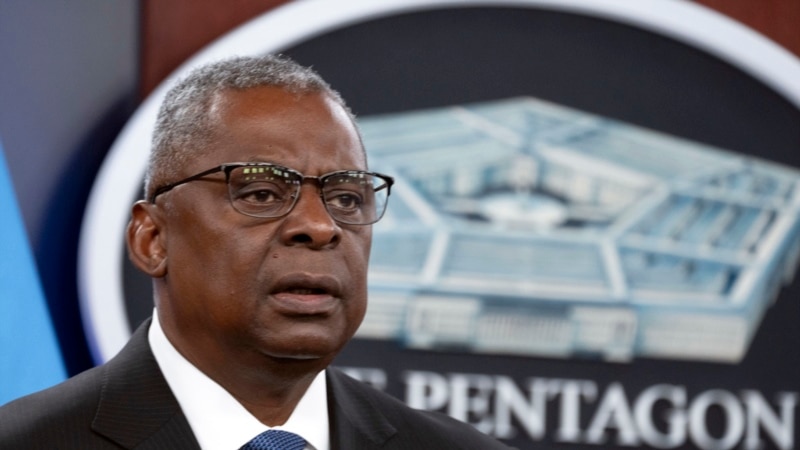U.S. Defense Secretary Lloyd Austin said in a statement on Saturday he took “full responsibility” for secrecy surrounding an ongoing, weeklong hospitalization for a still unspecified medical condition.
Austin, who is 70, was admitted on New Year’s Day to Walter Reed National Military Medical Center for what the Pentagon has said were “complications following a recent elective medical procedure,” a fact the Defense Department kept under wraps for five days.
Austin sits just below President Joe Biden at the top of the chain of command of the U.S. military and his duties require him being available at a moment’s notice to respond to any manner of national security crisis.
It remains unclear the extent to which his duties were delegated to his deputy, Kathleen Hicks, or whether Austin was involved in any key decisions during his absence.
The Pentagon has yet to detail why Austin is being treated, whether he lost consciousness over the past week, or offer details on when he might be released.
“I recognize I could have done a better job ensuring the public was appropriately informed. I commit to doing better,” Austin said in a written statement. “But this is important to say: this was my medical procedure, and I take full responsibility for my decisions about disclosure.”
A spokesperson said on Saturday that Austin resumed his full duties on Friday evening but remained in the hospital.
The Pentagon Press Association, in a letter to Pentagon officials on Friday evening, criticized the Defense Department’s secrecy, saying Austin was a public figure who had no claim to medical privacy in such a situation.
It also noted that even U.S. presidents disclose when they must delegate duties due to medical procedures.
“At a time when there are growing threats to U.S. military service members in the Middle East and the U.S. is playing key national security roles in the wars in Israel and Ukraine, it is particularly critical for the American public to be informed about the health status and decision-making ability of its top defense leader,” wrote the association, whose board of directors includes Reuters correspondent Phil Stewart.
Military Reporters and Editors (MRE), a non-profit organization for journalists covering the U.S. military, said the decision to release the information on a Friday evening, when online readership is typically lower, “is keeping in the worst traditions of obfuscation and opacity.”
“This is a violation of the intent and spirit of the Pentagon’s own Principles of Information, and it fails to meet the standards of public disclosure for senior government officials unable to exercise their duties,” MRE wrote in a statement.

